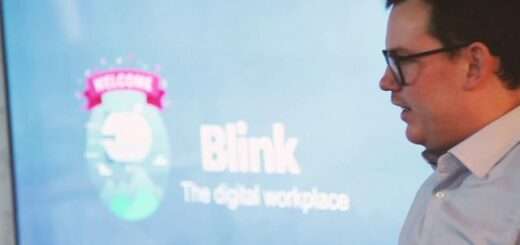How to Build your Social Enterprise Idea
What is Social Enterprise?
According to Wikipedia, a social enterprise is an organization that applies commercial strategies to maximize improvements in human and environmental well-being this may include maximizing social impact alongside profits for external shareholders.
But I simply define social enterprise as an outfit or company set up by social entrepreneurs to provide a solution to man’s problem/challenges and the owners profiting from the solution they provide.
After successfully undergoing an online course on Social Entrepreneurship and having been certified, I taught it wise to empower The Total Entrepreneurs by sharing with you guys steps on how to build your social enterprise idea and how to monetize this idea.
Below is a step-by-step guide on how to build your social enterprise idea.
Understanding the issue
Challenge: How have you, people you know, or the wider community been affected by the problem?
Write out the problem definition.
Scale: What is the size of the issue and what types of people are impacted? Use your existing network and local resources to collate data.
Awareness: Whom can you survey to build a more in-depth understanding of the problem?
Who are the subject matter experts?
Context
Causes: What are the perceived causes of this problem? Will your idea address this root cause? What does success look like?
Obstacles: What external factors might exacerbate the issue? Who are the gate keepers/key decision makers?
Are there any major barriers to success?
Existing efforts: Is anything already being done to address the problem? Are these other groups potential partners or competitors?
Local needs
Geography: Where are those affected located? What languages and cultural practices do you need to be mindful of?
Communities: Have the local residents or those affected recognized this social challenge as a priority?
Has any bottom-up action been taken?
Characteristics: What is the financial profile of the affected community? Consider also social indicators such as age, gender, health, etc.
Financial model
Pricing: Would businesses or individual users pay for your solution? What is the appropriate price point?
Costs: What are the initial startup costs? What funds (e.g., loans or grants) do you need to secure?
What will be the main costs in your business?
Funding: If the user cannot pay, might other sources of income be available (e.g., sponsors, businesses, philanthropists)?
Remember, while building your social enterprise idea, it is pertinent you network and also consider this category of people;
Users: Does your solution take into account the geographical, cultural, and financial needs of the target community?
Competitors: How does your idea compare to existing solutions? What makes you the right person to launch the idea?
What are the barriers to entry?
Partners: Whom can you work with (e.g., government, business, and nonprofits) to optimize the outcome of your social enterprise?
Internet
The Internet can be a rich source of information to help understand the context of the problem. Look out for relevant articles or websites on the Internet:
Interviews
Have you spoken to those affected by the problem to better understand the local needs? Can anyone share experiences of other solutions that have already attempted? Are there any subject matter experts you can consult? Consider friends, family, neighbours, local services, government organizations, and community leaders, etc.
You can record these conversations and save audio recordings for future reference.
Geography
Have you visited the location where the problem is being experienced? Perhaps you might be considering neighborhoods in which to set up your social enterprise. Taking photographs and storing maps of these places can help you build the context of the affected communities.
Network
Finally, you may come across other organizations that are trying to address the same problem (but in a different way), or whose work is complementary to your social enterprise idea. Also, consider industry experts whom you would like to stay connected with. You can keep track of these people and organizations that you meet, share business cards with them and always keep in touch and update the experts as you progress.
Did you grab a thing? Thanks for reading and let me know what you think.
Cheers
You May Also Like:





